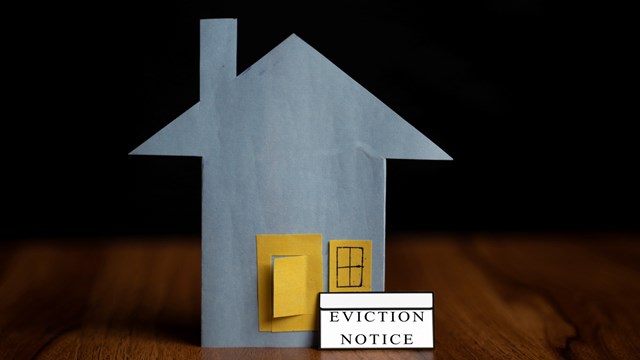Q I recently encountered an unfortunate situation with a co-op apartment sublet,
and hope that someone may have some advice. I recently signed a two-year lease
to sublet an apartment in a co-op building in Manhattan, with the expectation
of extending the lease for a third year when my original lease was up. This was
a legal sublet, executed with full agreement by both the apartment owner and
the building board. Upon review of my lease however, the board noted that the
owner was not paying appropriate sublet fees. After months of fighting, the
owner—my landlord—refused to pay any of the fees. A new lease was never signed, but reverted to a
default month-to-month basis in which I continued paying rent and the apartment
owner continued to accept it. Eventually, the board of the co-op threatened to
take over the apartment from the owner citing breach of the proprietary terms
of the owner’s contract if the owner did not begin to pay the sublet fees or evict me, the
tenant. A formal eviction notice was issued and I struggled to find another
apartment and eventually moved out, all within 45 days of the original eviction
date. I feel that the co-op owner did not operate in good faith in the sublet
contract by refusing to resolve issues with the board that would have permitted
the extension of my lease. Is there any legal recourse available to me against
the owner in this situation for uprooting me and my family, causing unnecessary
stress, inconvenience and loss of work time? Does a subtenant have any recourse
against his or her landlord or the cooperative?
—Aggrieved in Astoria
A “It is important to note that the subtenant’s two-year sublease agreement was not terminated prematurely and the subtenant
got the benefit and enjoyment of the entire two year sublease agreement,” according to Albert Pennisi, an attorney with Rego Park-based law firm of
Daniels Norelli Scully & Cecere, P.C.
“What is at issue is the loss of the ‘expectation of extending the sublease for a third year.’ The subtenant’s rights as against the proprietary lessee depend solely upon what the sublease
agreement says about extending the sublease for a third year. If the sublease
is silent about a lease extension and the subtenant’s expectation was garnered solely from an oral agreement or understanding with
the proprietary lessee, then the subtenant has no recourse since there are no
lease terms that are breached by the proprietary lessee. In New York, leases of
one-year or more must be in writing to be enforceable; therefore, any oral
agreement between the subtenant and the proprietary lessee for a one-year lease
extension beyond the two year sublease is unenforceable thereby leaving the
subtenant with no recourse as against the proprietary lessee.
“If, however, the sublease does expressly provide for a one-year lease extension
beyond the two year sublease agreement the subtenant’s rights will depend upon exactly what the lease provides for. Is the lease
extension at the option of the subtenant or at the option of the proprietary
lessee? Does notice of exercising the extension option have to be given, and if
so, was proper notice given under the sublease?
“Thus, the subtenant may have recourse as against the proprietary lessee only
assuming a one lease extension was expressly provided for in the sublease and
the option was properly exercised. The fact that the proprietary lessee and the
co-op were in a dispute concerning the payment of sublet fees does not
necessarily mean that the proprietary lessee was acting in bad faith inasmuch
as the sublet fee charged by the co-op may not have been properly enacted and
therefore not enforceable or may have been discriminatorily applied.”







Comments
Leave a Comment